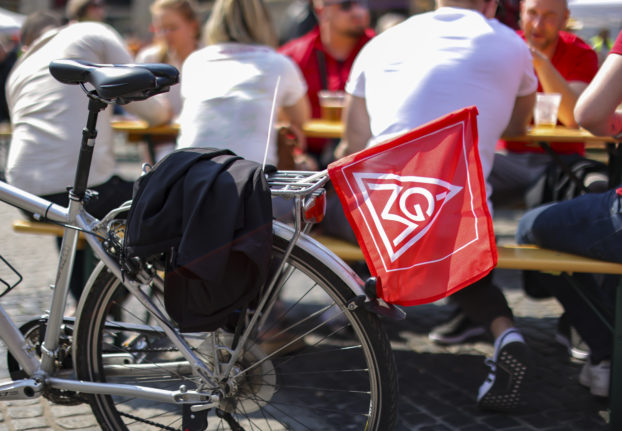According to the IF Metall union and the Association of Swedish Engineering Industries (Teknikföretagen), one of the largest employers’ groups in the manufacturing sector, between 100 and 150 crisis packages have been signed around the country between labour groups and employers in recent months.
“It’s sped up a great deal recently,” said IF Metall’s Veli-Pekka Säikkälä to the TT news agency, adding that he reckons the agreements have likely saved thousands of jobs.
“But if they are truly saved will depend on how long the downturn lasts,” he said.
A recent agreement between aluminum manufacturer Sapa Profiler and labour groups to move to four-day work weeks will save 100 jobs at the company.
While more than 100 agreements have been signed between different chapters of IF Metall and the engineering association, the association’s chief negotiator Anders Weihe suspects a number of other agreements have been reached with smaller companies without the knowledge of the union or the association.
The engineering employers’ group also recently reached an agreement with the Swedish Association of Graduate Engineers (Sveriges Ingenjörer), allowing chapters of the latter to enact local crisis packages with various employers.
But negotiations with Unionen labour group have yet to be concluded.
“Negotiations are heading in the right direction,” said Weihe.


 Please whitelist us to continue reading.
Please whitelist us to continue reading.
Member comments